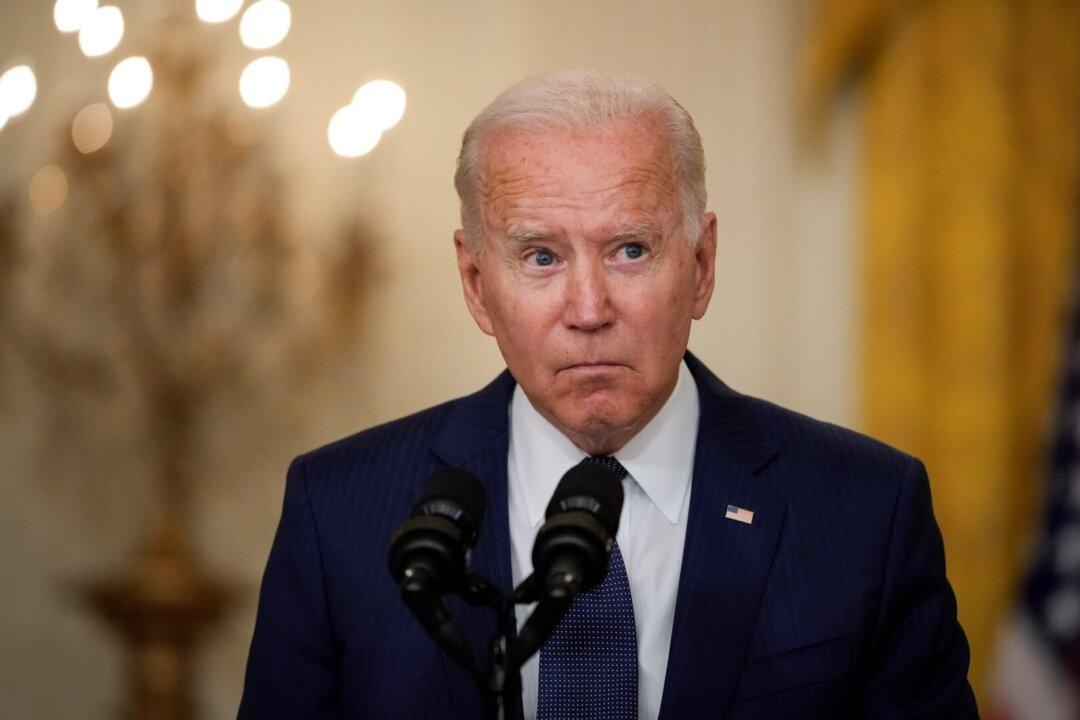News Analysis
As the 2022 midterms draw nearer, several Democrats are distancing themselves from President Joe Biden, whose popularity has dwindled since taking office.

As the 2022 midterms draw nearer, several Democrats are distancing themselves from President Joe Biden, whose popularity has dwindled since taking office.